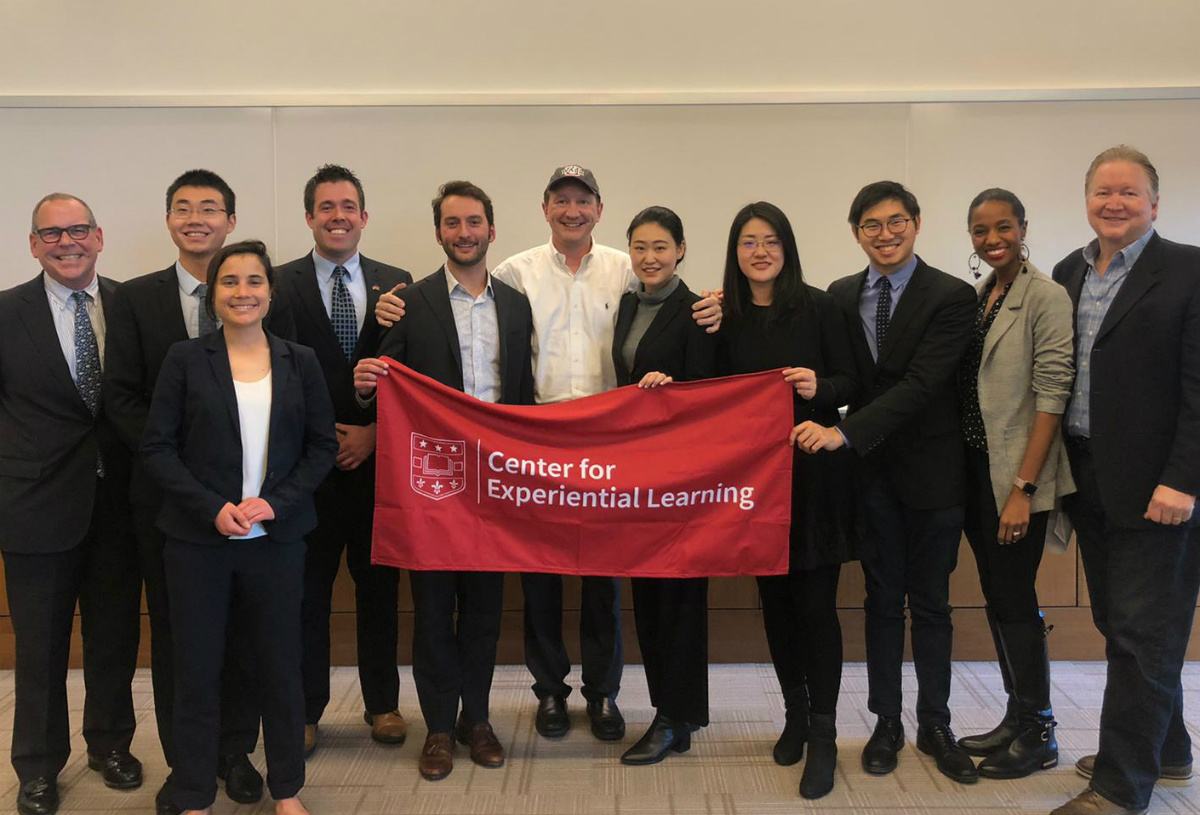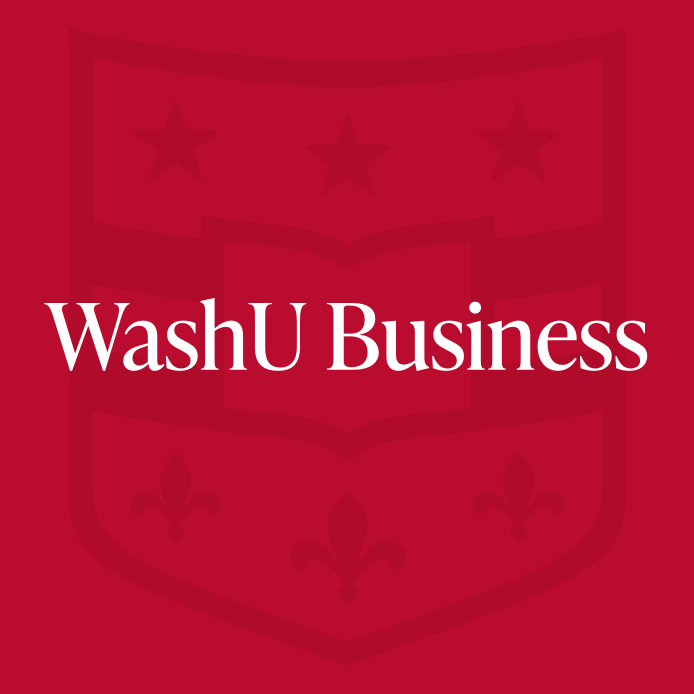Our client founded a nonprofit and is a former owner of an affordable housing property located in southwest Atlanta.
When I first started to work with our client, I was excited and nervous at the same time. I was excited because I finally was selected to work on a CEL practicum project, but also nervous because I had no knowledge of real estate and affordable housing. I wanted to work for my client because I shared his vision of making a positive impact in the community and I was passionate about helping low-income families.
The project is divided into four phases: initial steps, research, visiting our client’s site in Atlanta and working on the final presentation. Team members Max Dougherty, Erik Andrew, Bingze Xu, Kristen Xie and Katherine Teng met each other during the CEL kickoff on September 13. We liked each other instantly because we all had the same passion to help our client replicate his model in other communities.
Sizing up the work
A week later, we had the opportunity to meet our client, who is a WashU alum, and had flown up from Atlanta in the morning. We had a fruitful meeting and we discussed the scope and the objectives for the project so we could start working on the statement of work. We were able to submit the statement of work within two weeks of meeting the client and then proceeded to the second phase of the project: research.
Since we had so many topics and areas to research on, Max delegated tasks to our team members to research on the affordable housing space and also to look at nonprofit and for-profit housing providers.
We also had to research primary and secondary sources to identify the tactics and procedures used by our client to create positive financial and social outcomes in his property. In addition to that, we had to come up with questions to ask leading individuals in the affordable housing space so that we could learn about their best practices as well as pain points.
The third phase of our project was going down to Atlanta to visit the property. Our client was kind enough to plan our trip and invited leading experts in the real estate and affordable housing industry as well as his business partners to spend time with us. Before going to Atlanta, we had thoroughly researched the background of the experts and business partners so that we had a fruitful and engaging conversation.
We also maximized our brief time to immerse ourselves with the property and interact with the residents and the property managers to get a better feel of the property and also our client’s property management techniques as well as his mission.
Final phase
The fourth and final phase of the project was working on the final presentation. After coming back from Atlanta, we began to work on our final paper, which was a deliverable for our project. We spent a lot of time streamlining our paper while creating slides for our practice final presentation.
During our practice final, Professor David Polodian and faculty adviser Karen Bedell gave us valuable feedback about our projects. We then incorporated David’s and Karen’s suggestions into our presentation and used the next two weeks to streamline our deliverable, check in with our client one more time to make sure whether he was satisfied with our progress, and also practice our presentation.
Parting thoughts
Our team learned so much about real estate and the affordable housing space. We were able to incorporate all of the core values in Olin: integrity, collaboration, diversity, leadership, and excellence. We worked very well together, and we were able to deliver a high-quality final product and a presentation using the vast skillsets that we possessed.
We used a lot of outside resources as well as sought help from Professor Rich Ryffel at Olin and Professor Heather Cameron at the Brown School. We all have diverse backgrounds: Max has an extensive background in crop science; Erik was in the military; Bing studied finance in college; both Kristen and Katherine are customer analytics students who are adept at data analysis.
We also had two natural-born leaders in Erik and Max who were constantly motivating the team and also helping us out whenever we faced any obstacles. We also were able to meet three of the five pillars of excellence: data-driven, values-based and experiential.
We used data from a litany of sources and utilized our previous work and academic experience in our research and the final product.
In addition to that, we were able to deliver tangible value to our client and he was able to come away from the final presentation learning ways he could implement his model and also an evidence-based document that backs up his philosophy and his property management techniques.
This experience was completely different from other classes because we were working with a real-life client and solving real-life problems in less than 14 weeks.
Pictured above: Rich Ryffel, Olin faculty/CEL faculty adviser; Bingze Xu, MSCA ’19; Lael Bialek, MBA ’20; Erik Andrew, MBA ’20; Max Dougherty, EMBA ’20; Brent Sobol, client; Kristen Xie, MSCA ’19; Zing Teng, MSCA ’19; Martin Seng, MBA x’20; and two client representatives.

